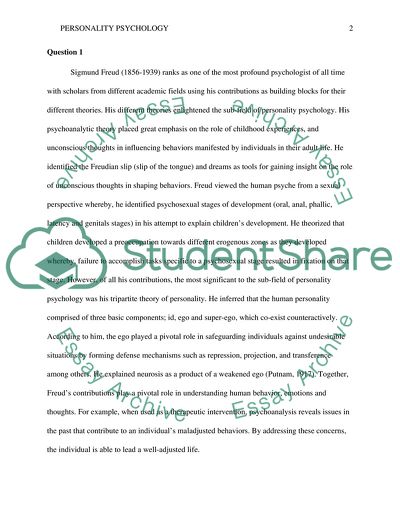Series of discussions Research Paper Example | Topics and Well Written Essays - 500 words. Retrieved from https://studentshare.org/psychology/1659778-series-of-discussions
Series of Discussions Research Paper Example | Topics and Well Written Essays - 500 Words. https://studentshare.org/psychology/1659778-series-of-discussions.


